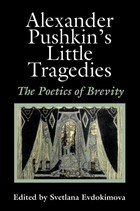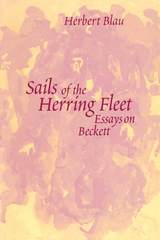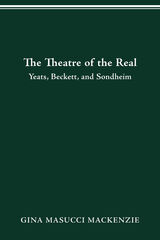
Alexander Pushkin’s four compact plays, later known as The Little Tragedies, were written at the height of the author’s creative powers, and their influence on many Russian and Western writers cannot be overestimated. Yet Western readers are far more familiar with Pushkin’s lyrics, narrative poems, and prose than with his drama. The Little Tragedies have received few translations or scholarly examinations. Setting out to redress this and to reclaim a cornerstone of Pushkin’s work, Evodokimova and her distinguished contributors offer the first thorough critical study of these plays. They examine the historical roots and connective themes of the plays, offer close readings, and track the transformation of the works into other genres.
This volume includes a significant new translation by James Falen of the plays—"The Covetous Knight," "Mozart and Salieri," "The Stone Guest," and "A Feast in Time of Plague."

Making use of invaluable archival material, Feinberg's biographical account is followed by a study of Tabori's experimental theatre work. As did prominent avant-gardists such as Grotowski or Chaikin, Tabori sought to open up new vistas in an otherwise mainstream theatre system. Feinberg pays special attention to Tabori's theatrical innovations, most movingly found in his Holocaust plays. There Feinberg shows the ways in which Tabori's theatre becomes a locus of remembrance (Gedächtnisort) and of unique, engaging memory-work (Erinnerungsarbeit).

The hazy settings and amorphous auditors of Tennyson’s dramatic monologues are often contrasted—at Tennyson’s expense—with Browning’s more vivid, concrete realizations. Hughes argues that Tennyson’s achievements in the genre are, in fact, considerable, that his influence can be traced in such major figures as T. S. Eliot, and that the monologue occupies a far more central position in Tennyson’s poetic achievement than has hitherto been acknowledged.
Hughes’ study challenges the traditional view of Tennyson’s inferior achievement, and her account of the elements and operation of the dramatic monologue, especially as demonstrated by three of its most important practitioners, will be of interest to all those concerned with the monologue as a poetic mode.


READERS
Browse our collection.
PUBLISHERS
See BiblioVault's publisher services.
STUDENT SERVICES
Files for college accessibility offices.
UChicago Accessibility Resources
home | accessibility | search | about | contact us
BiblioVault ® 2001 - 2024
The University of Chicago Press









